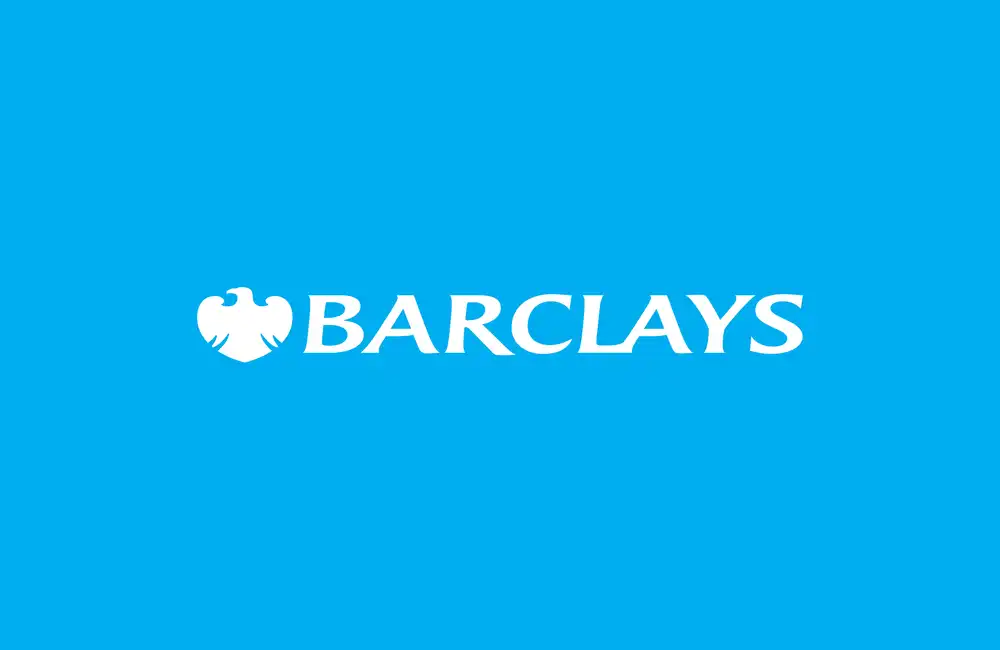UK equity markets reached a crucial point in March 2025 when investors invested a net £1.38 billion into UK stocks which represented the highest monthly inflows so far this year according to Calastone data.
The notable market development occurred during a time of global complexity characterised by economic unpredictability and stagflationary forces. Barclays reinforced the UK equities narrative by upgrading the FTSE 100 index to "overweight" because of its defensive attributes and demonstrated ability to withstand economic challenges. The analysis in this article explores pivotal market developments while offering UK investors essential insights.
Market Overview
Investors contributed an inflow of £1.38 billion to UK equities which resulted in market surge.
According to Calastone’s data the UK equity markets experienced their largest net inflow of £1.38 billion in March 2025. Investors in the UK equity markets sent a strong message of confidence through these gains despite facing numerous global economic stressors. Despite ongoing inflationary challenges and geopolitical uncertainties along with tight central bank policies UK markets have shown exceptional capacity to draw investor funds.
Investors show better market sentiment and shift their investment strategy to find stability even though they face widespread market challenges. Relatively low valuations combined with a weaker pound that boosts export-heavy companies along with a reputation for quality dividend-paying businesses have shaped the UK equity markets.
Global-facing companies from energy, mining and consumer staples dominate the FTSE 100 composition which makes it the primary beneficiary of these investment flows. These businesses serve as a natural safeguard against economic risks because they provide investors with a protected environment during unstable times.
Barclays' Upgrade and Sector Allocation Shifts
Barclays increased the FTSE 100 index status to "overweight" because of its protective nature plus its demonstrated resilience in dealing with stagflation economic challenges. Investors face significant difficulties during periods of stagflation which combine economic growth stagnation with ongoing inflation. The structural design of the FTSE 100 makes it particularly well-suited to thrive in such economic conditions.
Why the FTSE 100 Stands Out
Barclays recognises the FTSE 100 as a defensive investment option due to its significant representation of energy, healthcare, and consumer goods sectors. Because the sectors dominating the index show less sensitivity to economic fluctuations the FTSE 100 becomes a safer investment than indices targeting higher growth. Investors gain added diversification through the FTSE 100 because its multinational corporations bring in global revenue streams.
The upgrade coincides with Barclays’ strategic changes in sector allocation.
Healthcare
Investors should note that Barclays' upgrade to "market weight" reflects the healthcare sector's consistent performance due to its essential nature and ability to withstand economic uncertainty. The pharmaceutical industry stands out because of its powerful cash generation capabilities and dependable dividend payouts.
Diversified Financials and Leisure Sectors
Downgraded due to cyclical headwinds. The declining consumer sentiment and increased interest rates are negatively affecting consumer discretionary spending with direct consequences for the leisure sector according to Barclays.
Barclays demonstrates alignment with stability-focused risk management strategies by intensifying investments in defensive sectors while approaching cyclical sectors with caution during stagflationary periods.
Investor Sentiment and Strategy
Recent developments influence investor sentiment and behaviour especially with respect to large-cap UK equities. Barclays’ positive assessment of the FTSE 100 along with strategic investments boost investor trust in the index's dependable performance and revenue generation capabilities. Both retail and institutional investors are recognising the need to prioritise defensive positioning strategies over aggressive growth approaches.
Investment Strategies for the Current Environment
Focus on Large-Cap Equities
Investors who want to reduce risk exposure can find stability and dividend income within the FTSE 100 large-cap companies. Investors should prioritise healthcare, energy, and consumer staples sectors in their investment strategies.
Diversify Across Defensive Sectors
The adjustments to sector allocations by Barclays highlight the value of investing in defensive industries as a strategy for mitigating economic volatility. Including healthcare and consumer staples in your portfolio can bring more stability to your investments.
Leverage Dividend Income
Investors benefit from dividend-paying stocks because they deliver reliable income particularly during periods of high inflation. Numerous companies in the FTSE 100 index maintain strong positions as providers of reliable dividend yields that remain highly competitive.
Monitor Valuations
The strong March performance of UK equities has not changed their status as relatively undervalued when compared to their global counterparts. Investors need to take advantage of attractive current valuations to establish long-standing investment positions.
Stay Globally Diversified
Investors should maintain global portfolio diversification because UK equities provide many benefits. Investors should seek market opportunities beyond the UK to achieve balanced risk and opportunity exposure.
Investors can anticipate large-cap UK equities to stay central within their portfolios for the upcoming months based on strategic inflows and institutional confidence.
Conclusion
The combined effect of Barclays upgrading the FTSE 100 to "overweight" status and the £1.38 billion investment inflow into UK equities during March 2025 marks a critical turning point for the UK investment environment. The FTSE 100 has shown its resilience during economic turbulence which prompts more investors to acknowledge its defensive potential and reliable earnings capacity.
UK investors should now adjust their investment approaches to capitalise on the FTSE 100’s proven advantages while considering wider market trends. Investors who monitor insights from institutions such as Barclays and track sectoral trends gain a competitive advantage to make informed decisions within the changing financial environment.
Whether you’re a seasoned investor or just starting out, the key takeaway is clear: To successfully handle market volatility you should maintain a defensive and thoughtful investment strategy.

















